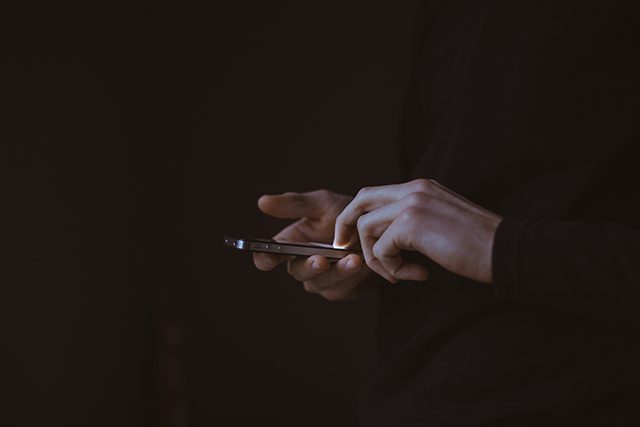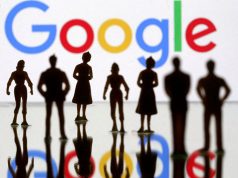There’s something concerning about FaceApp, a mobile application that allows users to generate realistic transformations of their faces, amid its rising popularity among many users, including Filipinos.
FaceApp, released in 2017, became one of the most downloaded mobile applications across the world today.
Hashtags #faceappchallenge and #agechallenge even trended on social media platforms as users shared their supposed new appearances on social media.
The app’s popularity was reinforced after international celebrities joined the challenge. These included the Jonas Brothers, Lebron James, James Marsden, Eoin Colfer and Kim Taehyung of BTS.
In the Philippines, some actors and actresses also showed what their aged faces look like are Erwan Heussaff, Megan Young, Angel Locsin and Coco Martin.
FaceApp was developed by a startup company called Wireless Lab located in St. Petersburg, Russia in 2017. The realistic results FaceApp produce and its user-friendly interface makes it a fun app to keep in smartphones.
Artificial intelligence is used to make digital enhancements. Users can augment their looks from the hair color, eye color to facial imperfections and skin tone, therefore making them older, younger or a completely different person through the app.
Yaroslav Goncharov, chief executive officer of Wireless Labs, took advantage of the internet population’s fondness for sharing photos.
“FaceApp was born at the junction of two important trends. The first is the ever-growing value of photos and videos. There is an opinion that stories from Snapchat, Instagram and their analogs will soon kill news feeds like Twitter. Facebook is already moving in that direction,” he said in an interview.
Goncharov also worked on another trend in technology called the neural network. He maximized this in developing the face-changing program.
Is it dangerous?
At the peak of the app’s fame, experts raised concerns about the app, which they suspect to have privacy loopholes.
Sketchy terms of service
Deep in FaceApp’s terms of service is a clause where users give the app’s developer to own any uploaded photo and use it for whatever purpose.
This is my favorite part of faceapp's terms of service. pic.twitter.com/iIwHqNAzoL
— Justin Reynolds (@justinsocial) July 17, 2019
“You grant FaceApp a perpetual, irrevocable, nonexclusive, royalty-free, worldwide, fully-paid, transferable sub-licensable license to use, reproduce, modify, adapt, publish, translate, create derivative works from, distribute, publicly perform and display your User Content and any name, username or likeness provided in connection with your User Content in all media formats and channels now known or later developed, without compensation to you.”
Goncharov previously explained that the app uploads photos users select into their own servers to apply the filters, but these are deleted later. Users can also personally request the app to delete their photos.
Giving up personal data
The terms of service also mention the possibility of making public personal data such as location and username.
“When you post or otherwise share User Content on or through our Services, you understand that your User Content and any associated information (such as your [username], location or profile photo) will be visible to the public.”
A tech analyst tells Forbes magazine that the clause is similar to the aims of consulting firm Cambridge Analytica, which harvested millions of users’ data through a Facebook game and used the information to promote political candidates.
“What we have learned in the past few years about viral Facebook apps is that the data they collect is not always used for the purposes that we might assume. And, that the data collected is not always stored securely, safely, privately,” John Koetsier wrote.
Koetsier also emphasized the dangers of uploading photos or other types of data in “the cloud.”
“Once something is uploaded to the cloud, you’ve lost control whether or not you’ve given away legal license to your content. That’s one reason why privacy-sensitive Apple is doing most of its AI work on-device. And it’s a good reason to be wary when an app wants to access and a license to your digital content and/or identity,” he said.
Hackers or other intelligence thieves
Some experts also pointed out the possible activity of cyber crooks behind the app, some of whom they believed to be working for the Russian government.
“With so many breaches, they can get information and hack cameras that are out there, and be able to create a database of people all over the world, with information these people didn’t imagine is collected on them,” security expert Ariel Hochstadt said.
FaceApp denied transferring user information to Russia.










